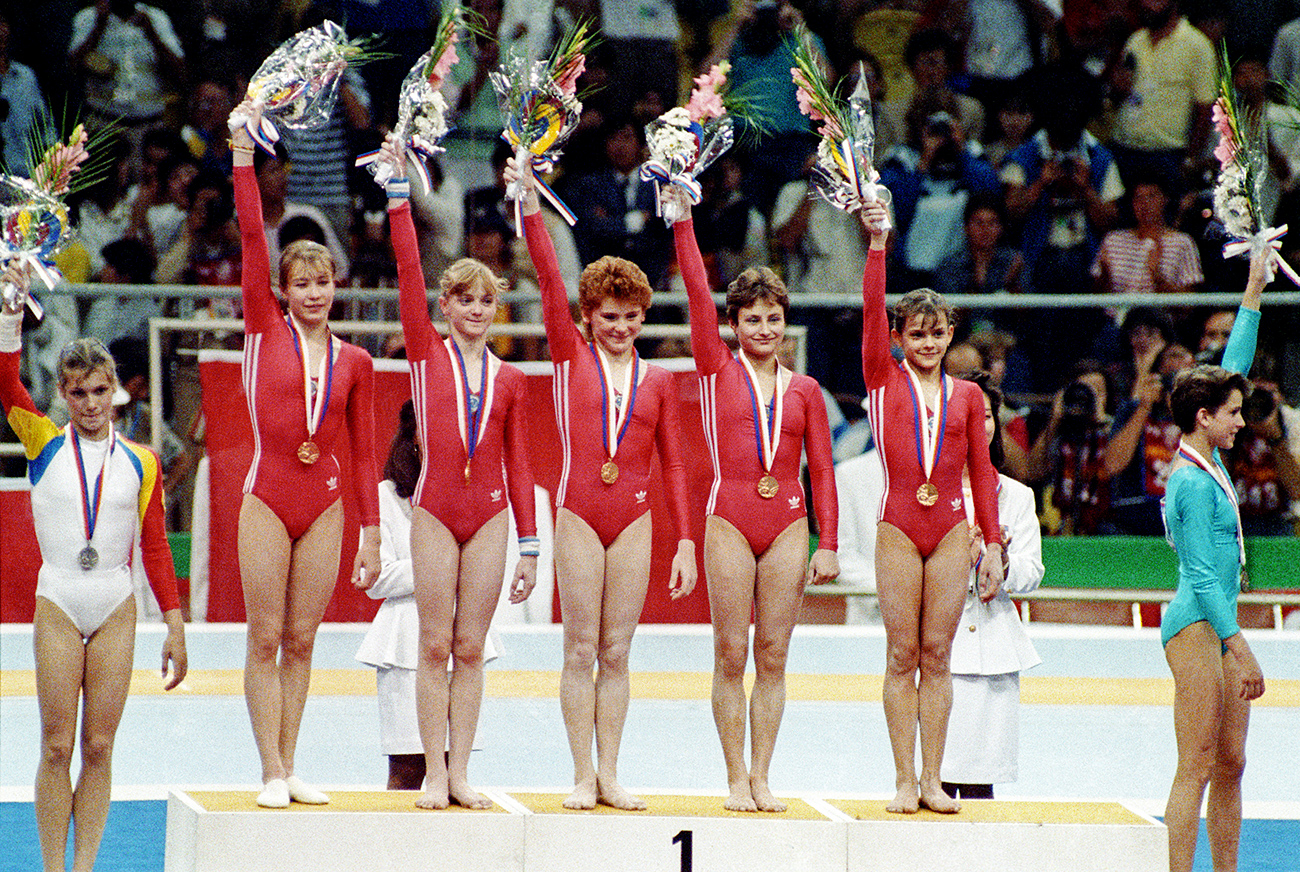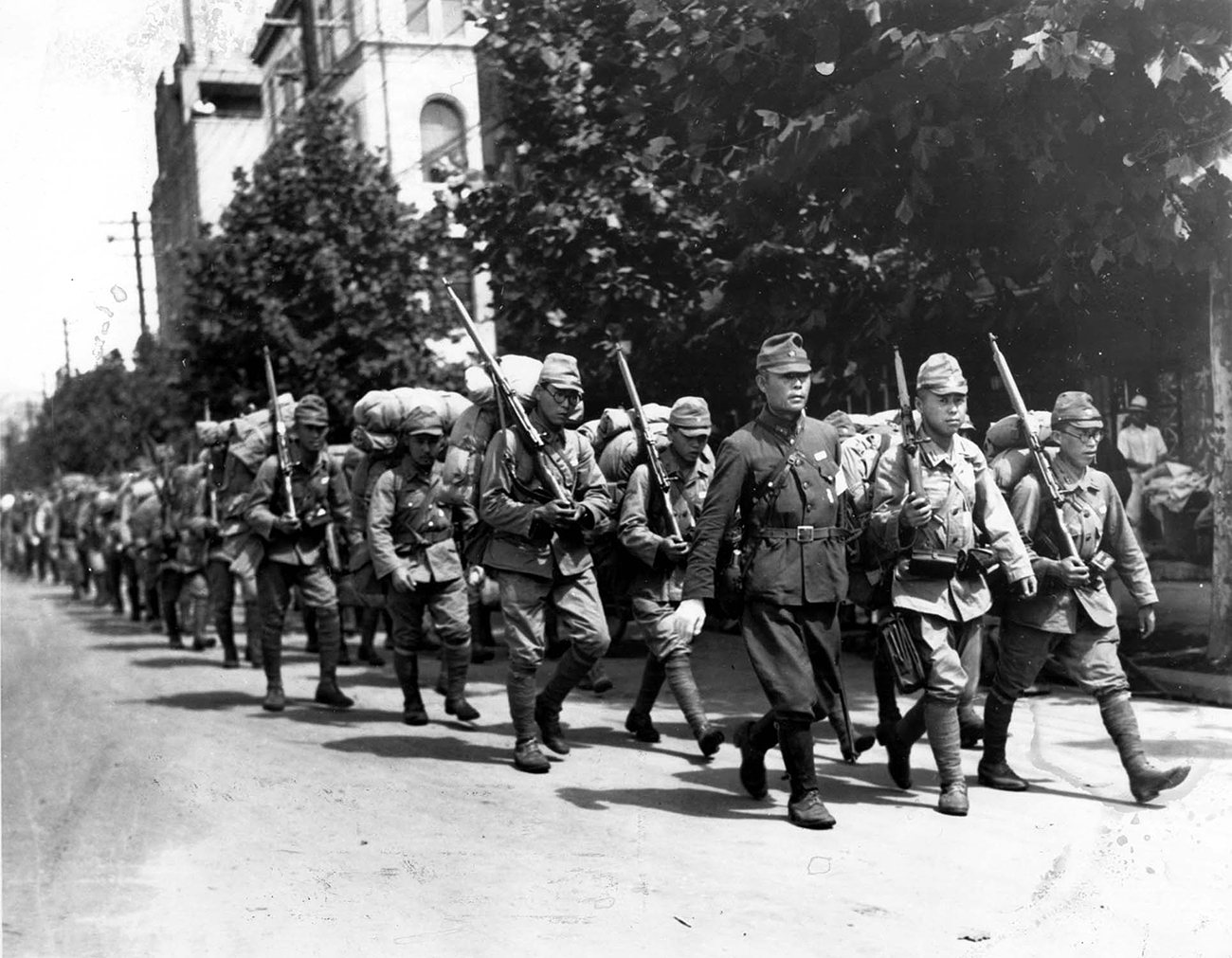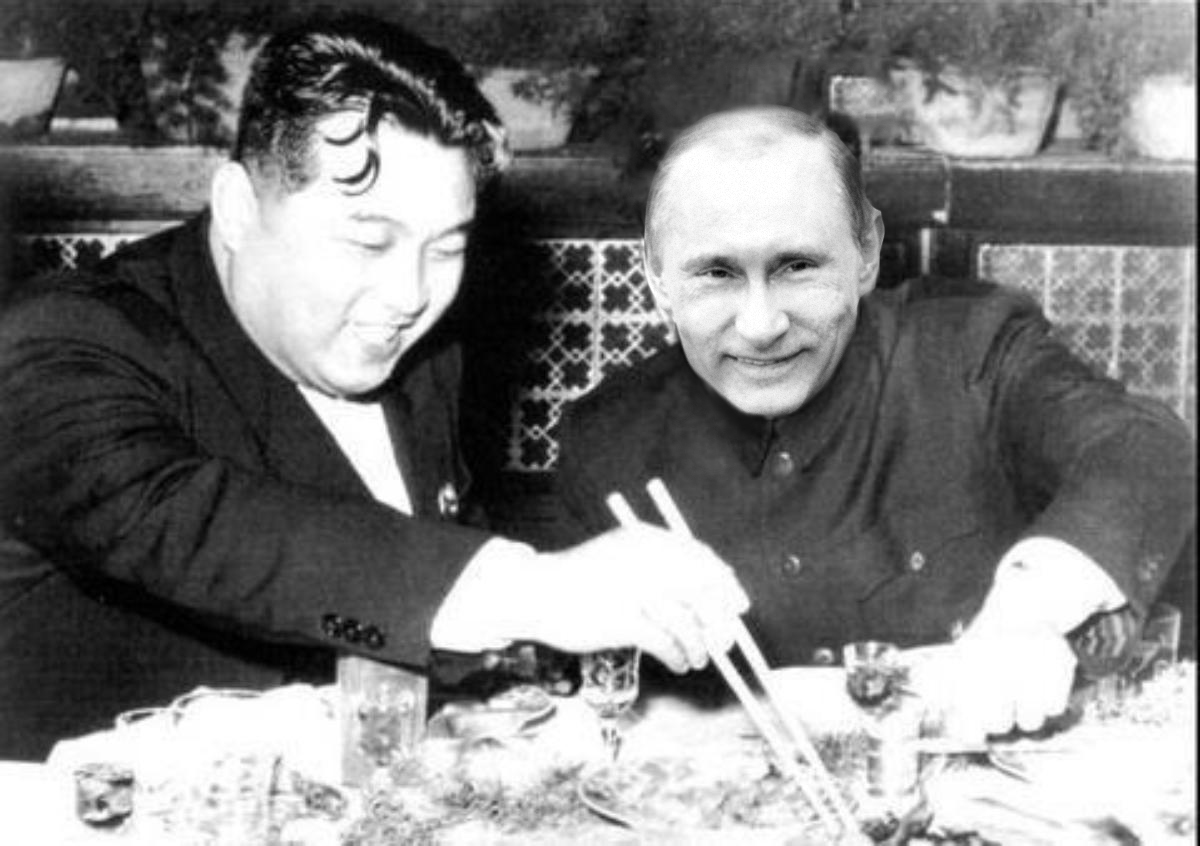‘Non-existent country’: How Pyongyang made the USSR forget South Korea

By participating in the 1989 Seoul Olympics, the USSR de-facto recognised South Korea.
Valery Zufarov and Igor Utkin/TASSI remember how in the early 1980s, my professor in Leningrad State University tried to order South Korean books for the university library. His request was not granted since as an ideologically zealous librarian said, “We cannot order books published in a non-existent country.” The books were acquired nonetheless, via the UK.
This policy of willful ignorance was to some extent the result of political pressure exerted by Pyongyang, which lobbied hard to prevent even the most innocent of interactions between the Soviet Union and South Korea.
But this policy would not have been successful if Moscow did not regard North Korea as a useful if dubious ally.
In 1968, the Soviet Politiburo decided that the USSR would boycott all sporting events, academic conferences and international conventions hosted by South Korea.
As a rule, the Soviet authorities did not issue visas to South Korean citizens, even though there were some exceptions when these people came to participate in important multilateral functions. As time passed, these exceptions became increasingly frequent.
South Korea – ‘a poor and repressive state’
Until the 1970s, the general Soviet public was not really interested in South Korea and, frankly, did not hold a high opinion of the country. For the vast majority of Soviet citizens, including some well-educated people, South Korea was just another pro-American military dictatorship, highly repressive and presumed to be very poor.
It is telling that this author learnt about the economic success of South Korea only at university in the early 1980s. This knowledge was assumed to be semi-confidential, not something to be too widely discussed with laypersons.
Of course, one should not see the Soviet elite as a cabal of ideologues. The decision makers knew that South Korea was developing rapidly, while North Korea was becoming an economic and political burden.
From the early 1970s, there was a growing understanding of the fact that South Korea would eventually have to be recognized – largely due to its growing attractiveness as a potential trade partner.
I remember a lecture that I attended in 1983 by Soviet Vice Foreign Minister Mikhail Kapitsa. Attendees largely comprised of students from leading Soviet universities who specialized in Asian studies.
Kapitsa was a remarkably frank man for a Soviet diplomat, especially when talking behind closed doors. He openly admitted that the formal recognition of South Korea was only a matter of time.
Predictably, things sped up under Perestroika. After some consideration, the USSR decided to participate in the 1988 Summer Olympics in Seoul.
Around the same time, the Soviet media began to frankly discuss the South Korean economic miracle, while also mocking North Korea’s larger-than-life personality cult and propaganda excesses.
The late 1980s were a time of intense exchanges. South Korea’s rich and powerful began to flock to Moscow in large numbers. Finally, Mikhail Gorbachev met with South Korean President Roh Tae Woo in San Francisco, and soon after that, relations were established.
Gorbachev also visited Jeju Island, becoming the first Russian head of state to set foot on Korean soil (yes, no Soviet Head of State ever visited Pyongyang).
A quarter of a century later, Vladivostok welcomes a large number of South Korean tourists, and brands like Samsung are a household name in Russia.
And quiet flows the Han is a blog about the historical and contemporary interactions between Russians and Koreans. In most cases, but by no means always, political issues are studiously avoided by the author, whose major interest is everyday life, culture and the lives of individuals. In this blog, Dr. Andrei Lankov explores how Russian culture was (and is) seen in Korea. He talks about migration, inter-marriage and even cuisine.
Dr. Andrei Lankov, born in 1963, is a historian specializing in Korea. He is also known for his journalistic writings on Korean history. He has published a number of books (four in English) on Korean history. Having taught Korean history at the Australian National University, he now teaches in Kookmin University in Seoul.
If using any of Russia Beyond's content, partly or in full, always provide an active hyperlink to the original material.
Subscribe
to our newsletter!
Get the week's best stories straight to your inbox

